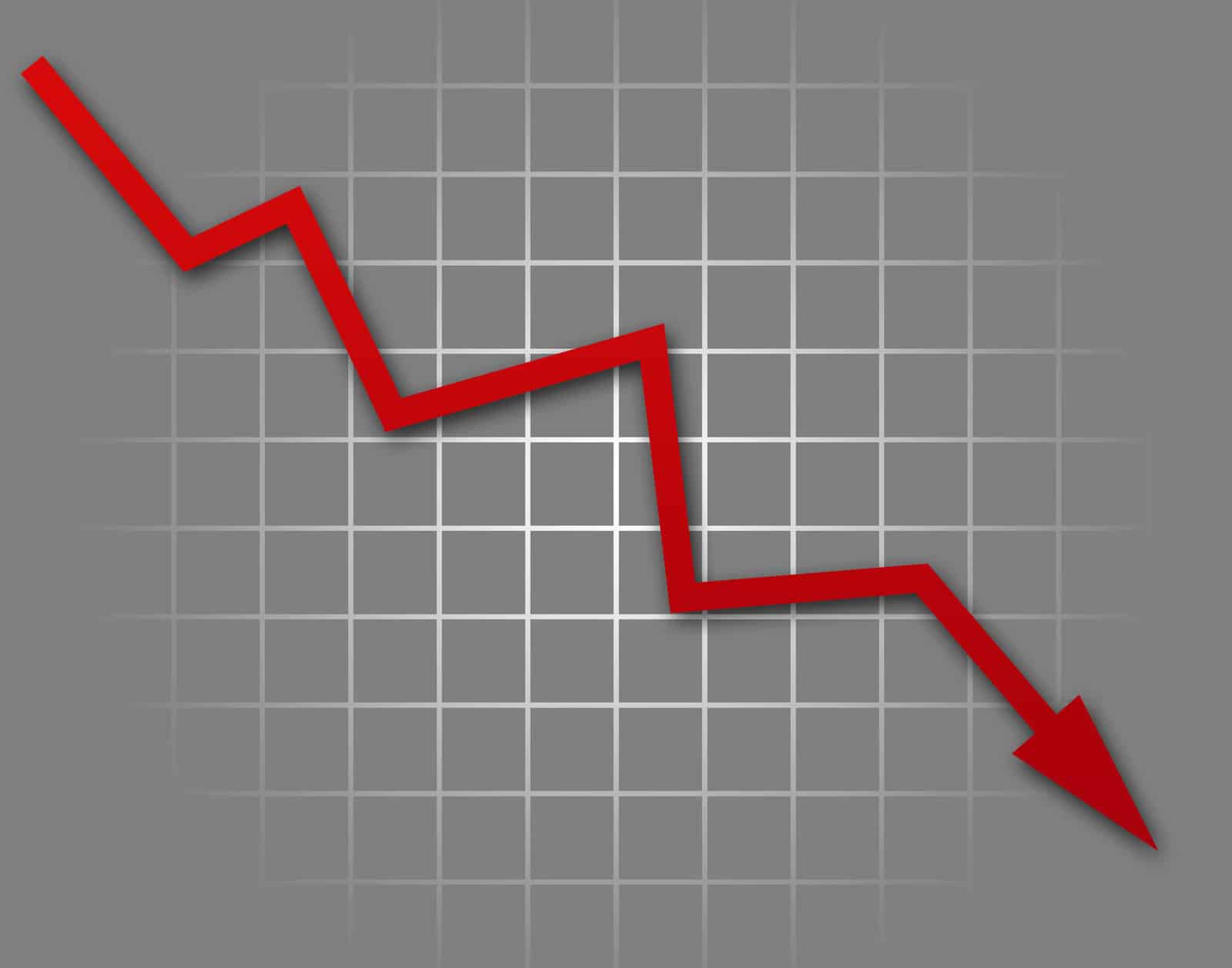Home>Finance>Write-Down: Definition In Accounting, When It’s Needed And Impact


Finance
Write-Down: Definition In Accounting, When It’s Needed And Impact
Published: February 19, 2024
Learn the definition of write-down in finance and understand when it's necessary. Discover the impact of write-downs on accounting practices.
(Many of the links in this article redirect to a specific reviewed product. Your purchase of these products through affiliate links helps to generate commission for LiveWell, at no extra cost. Learn more)
Understanding Write-Down in Accounting
Are you baffled by the term “write-down” in the field of accounting? If so, you’re not alone. Write-downs can be a complicated concept, but fear not! In this article, we will break down the definition of a write-down, explore when it’s necessary, and examine its impact on financial statements. So, let’s dive right in!
Key Takeaways
- A write-down is an accounting practice of reducing the value of an asset on the balance sheet.
- It is typically performed when the fair market value of an asset falls below its carrying value.
What is a Write-Down?
In the world of accounting, a write-down occurs when the value of an asset is reduced on a company’s balance sheet. This reduction is taken to reflect the current market value or realizable value of the asset. Write-downs are usually performed when the fair market value of an asset falls below its carrying value, also known as the book value.
A write-down is a way for a company to acknowledge that the asset has lost value and adjust its financial statements accordingly. This adjustment is important as it ensures that the financial statements accurately reflect the true value of the company’s assets and liabilities.
When is a Write-Down Needed?
Write-downs are typically needed in the following situations:
- Impairment: Write-downs often occur when an asset’s carrying value exceeds its recoverable amount. This can happen when an asset becomes impaired due to changes in market conditions, technological advancements, or other factors that make it less valuable.
- Obsolete Inventory: Companies may also need to write down inventory that has become obsolete or has lost its value. This can occur when products or materials become outdated, expire, or are damaged beyond repair.
It is important to note that write-downs should not be confused with write-offs. Write-offs are permanent removals of the asset from the balance sheet, while write-downs are merely reductions in value.
The Impact of Write-Downs
The impact of a write-down on a company’s financial statements can be significant. Here are a few ways in which write-downs can affect a company:
- Income Statement: Write-downs are typically recorded as an expense on the income statement, which can reduce the company’s net income. This reduction in net income can affect financial ratios and investor perceptions.
- Balance Sheet: Write-downs decrease the value of the asset on the balance sheet, which can lower the company’s total assets and shareholders’ equity. This reduction in assets can affect the company’s ability to obtain financing.
- Cash Flow: Write-downs can also impact a company’s cash flow, particularly if the write-down results in actual cash losses. This can affect the company’s ability to meet its financial obligations and invest in future growth.
Overall, write-downs are an essential accounting practice that helps ensure the accuracy of financial statements and reflects the true value of a company’s assets. While write-downs can have negative consequences, they are necessary for maintaining transparency in financial reporting.
Conclusion
Write-downs are a vital part of the accounting process that allows companies to adjust the value of their assets to reflect their true worth. Understanding the concept of write-downs, when they are needed, and their impact on financial statements is crucial for both accountants and investors. By acknowledging and accounting for the reduction in asset value through write-downs, companies can provide a transparent and accurate view of their financial health.














